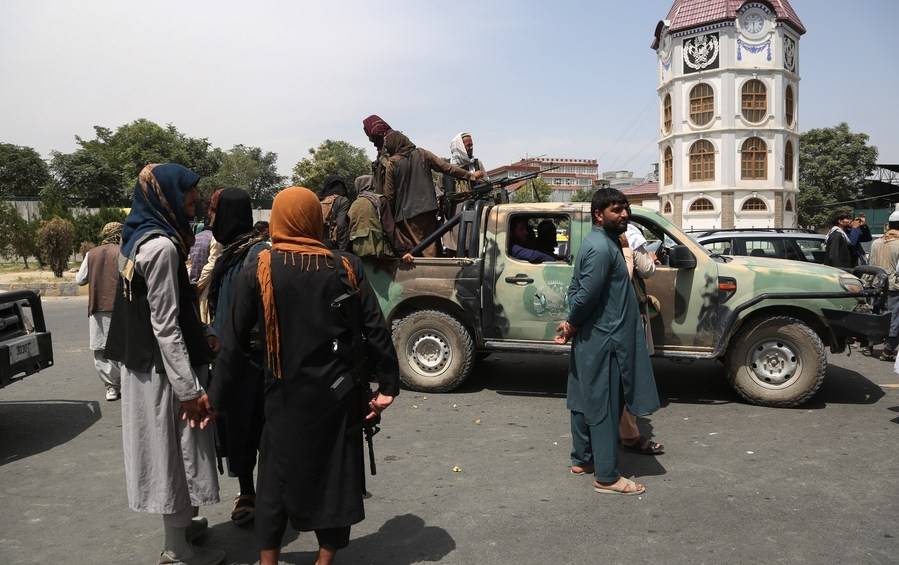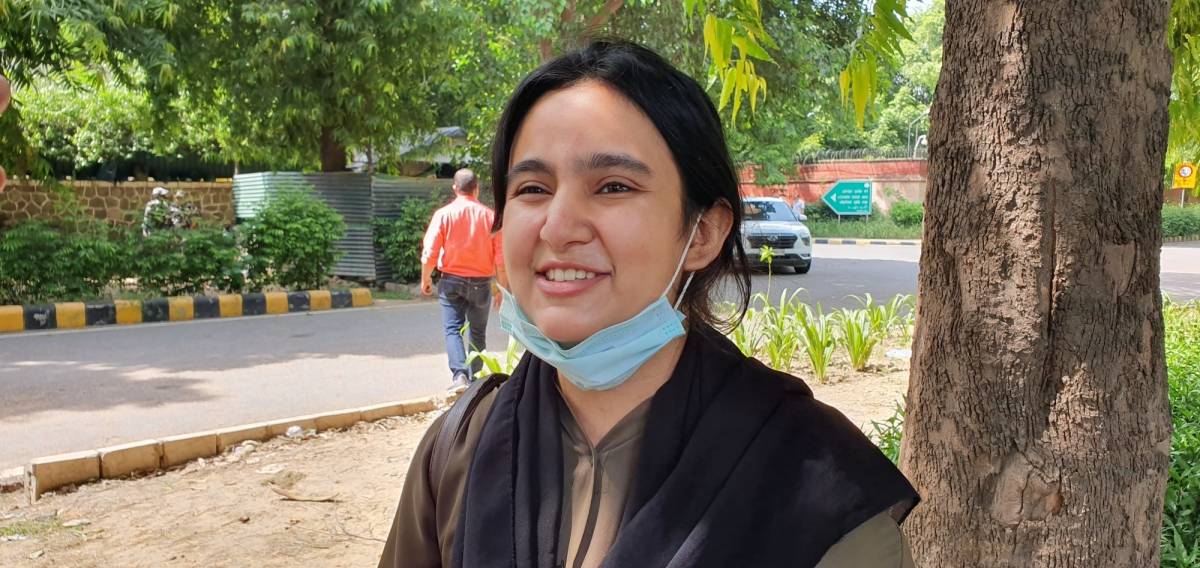Most of the Afghan refugees living in India are concentrated in New Delhi….reports Asian Lite News
As the heart-wrenching images from Kabul airport went viral in the media, the Afghans living in India were anxiously praying for the well-being of their near and dear ones in their home country. While there cannot be any measure for their trepidation and pain, there was some solace at having secured a dignified life and social security in India, a country which embraces diversity with love and warmth.
According to the United Nations High Commissioner for Refugees, there were approximately 40,000 refugees and asylum-seekers registered in India in 2019. At 27 per cent, Afghans were the second-largest community amongst them.
Most of the Afghan refugees living in India are concentrated in New Delhi. The capital’s Lajpat Nagar, a colony originally built for partition refugees from Pakistan, acts as a home for many Afghans. Those living here seem to have integrated themselves into the local customs and traditions, part of India’s rich and syncretic cultural heritage.
Men wearing Pathani salwar kurtas and women clad in abayas can be seen here, expressing themselves freely without any inhibitions. Additionally, the Afghan community has also become an important part of the local economy, running restaurants and stores, flocked by people, with signboards written in both English and Dari languages.
With the Taliban taking over Afghanistan, however, the “Afghan colony” in Lajpat Nagar and Bhogal that has many shops, travel agencies and restaurants catering mostly to Afghan students, medical tourists and refugees are in the grip of fear with people making desperate enquiries about each other’s families back home. Though most of them do not want to go back home, the worry for the safety of those left behind is not letting them sleep.

Today, there are over 16,000 Afghan students pursuing higher education in India, and during the last two decades, over 60,000 graduates, post-graduates and other professionals have returned to Afghanistan after completing their training in the country.
For the 150 Afghan students presently studying in Osmania University in Hyderabad, the conquest by Taliban has almost dashed their hopes of returning to their homelands. They form the majority of around 200 Afghan students in Telangana out of which 10-12 students are females. These students have now started enquiring about the extension of their Indian visas.
Also, 92 Afghan students studying in the University of Mysuru have already sought for an extension of their stay in India, as they feel safer here.
Interestingly, out of 2,000 visa extension applications from international students, over 1,300 were from Afghans. Media also reported a plea by President of the Afghan Students Association, Md Yousaf for the urgent extension of visas. “We request the Indian government to extend the visas and provide some financial help,” he said.
Then there are students stuck in Kabul who want to return to India. With the Indian Embassy closed, the students are desperately hoping for a window to escape.
In the past, India has also provided refuge to several Afghan leaders and their families during times of conflict. Afghan chief negotiator Abdullah Abdullah’s family currently lives in India and others such as former President Hamid Karzai have also lived and studied in the country.
This time too, the country is trying to provide refuge to Afghan citizens facing threats or fearing persecution from the Taliban.
Among those who are likely to be granted refuge are political leaders, activists, human rights workers, media personnel, and members of minority communities. In this direction, India has already announced a new e-visa system to fast-track applications amidst this grave humanitarian crisis.
Some big political names have already landed in India during the last few days. These include Wardak MP Wahidullah Kaleemzai, Parwan MP Abdul Aziz Hakimi, MP Abdul Qadir Zazai, Senator Malem Lala Gul; former MP and Karzai’s cousin Jamil Karzai, Baghlan MP Shukria Esakhail, Senator Mohamamd Khan, former Finance Minister Abdul Hadi Arghandiwal, former Vice-President Younus Qanooni’s brother Mohammad Sharif Sharifi, MP Mariam Solaimankhail, and Senior Advisor to Afghanistan’s Upper House, Qais Mowafaq.
The people-to-people relationship between Afghanistan and India is centuries old. This makes India a unique place for vulnerable Afghans who managed to escape from the misery of the war that has gripped their homeland. The compassion and understanding they find prevailing in Indian neighbourhoods is difficult to match when compared to other countries.
They have also witnessed the development brought up by the humanitarian assistance provided by India for the reconstruction of their homeland in all provinces, cutting across ethnic lines. As per official estimates, the total Indian assistance to Afghanistan is estimated at $3 billion during the last twenty years. Going beyond the economy and by extending the hand of friendship, India has always been a partner to Afghanistan. Naturally, the country offers solace for the vulnerable people escaping from the persecution of Taliban. It has done so in the past and is committed to do so in these turbulent times too.

Leave a Reply